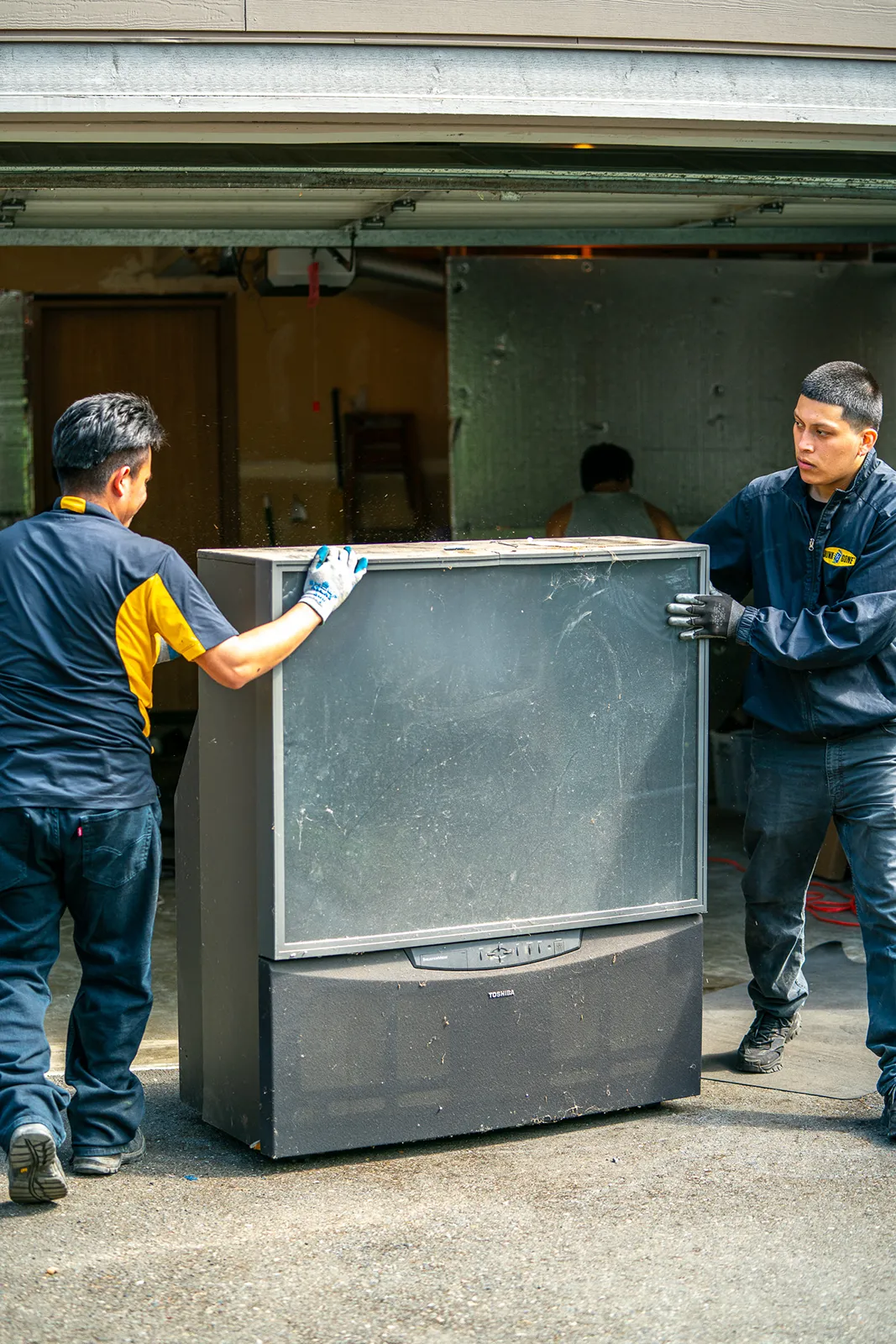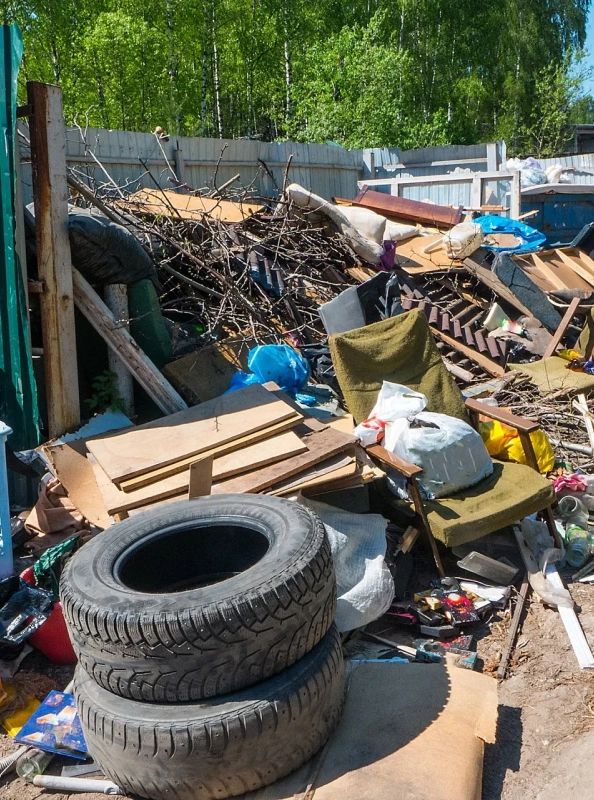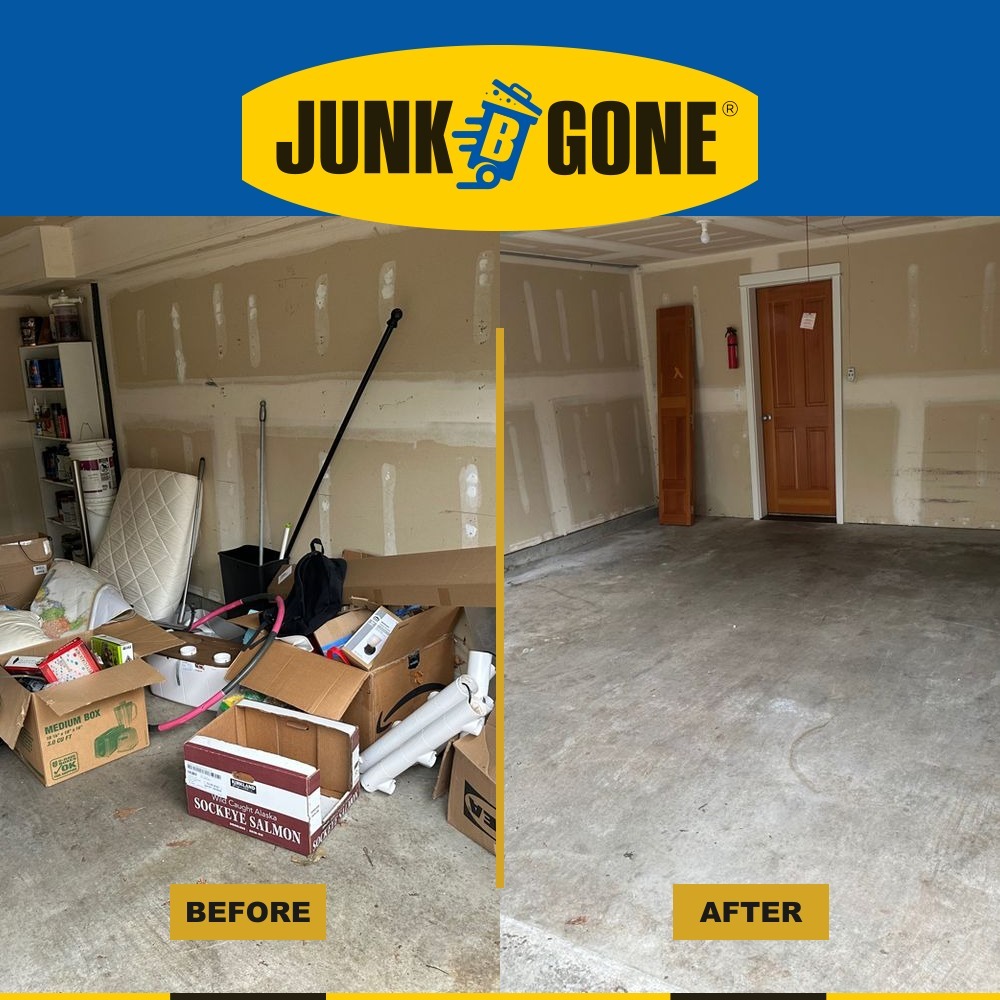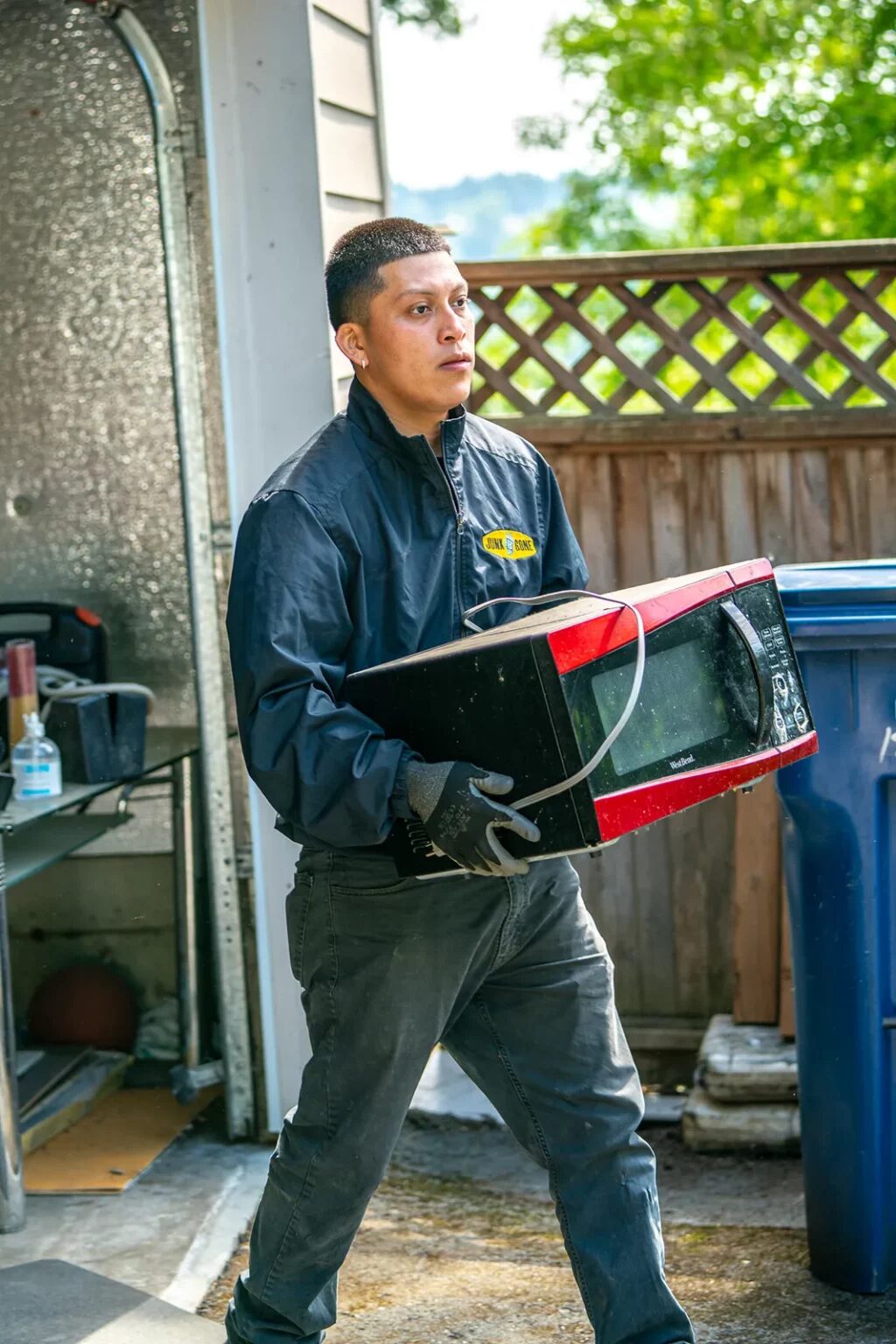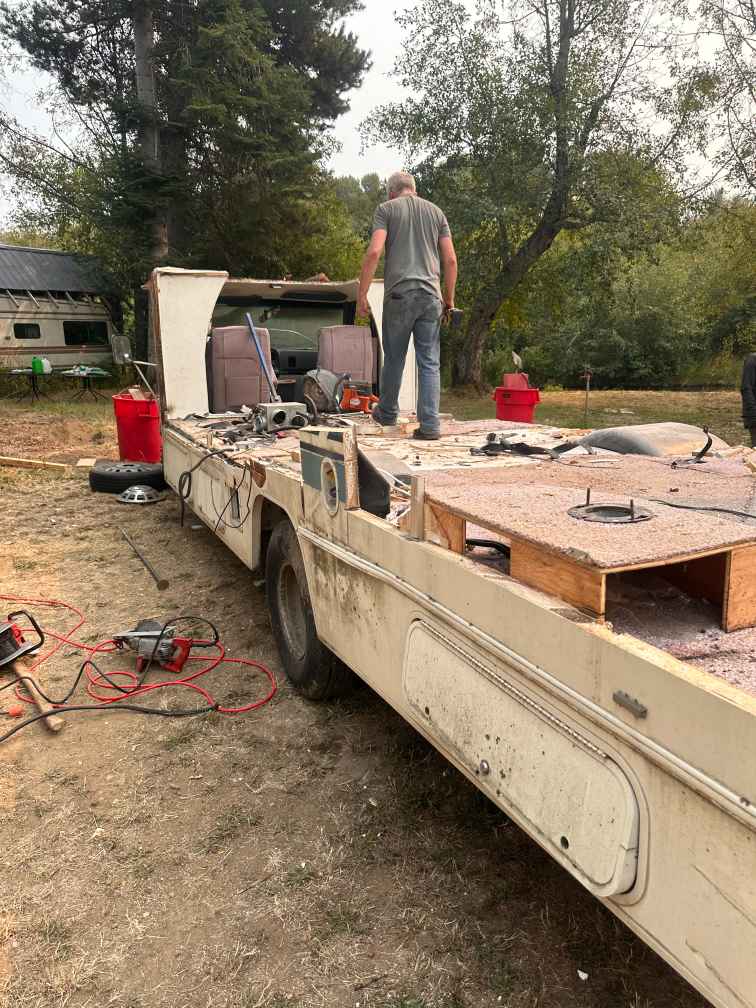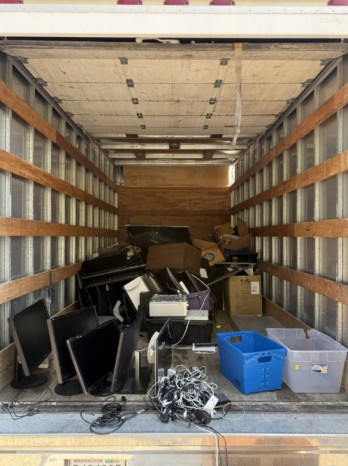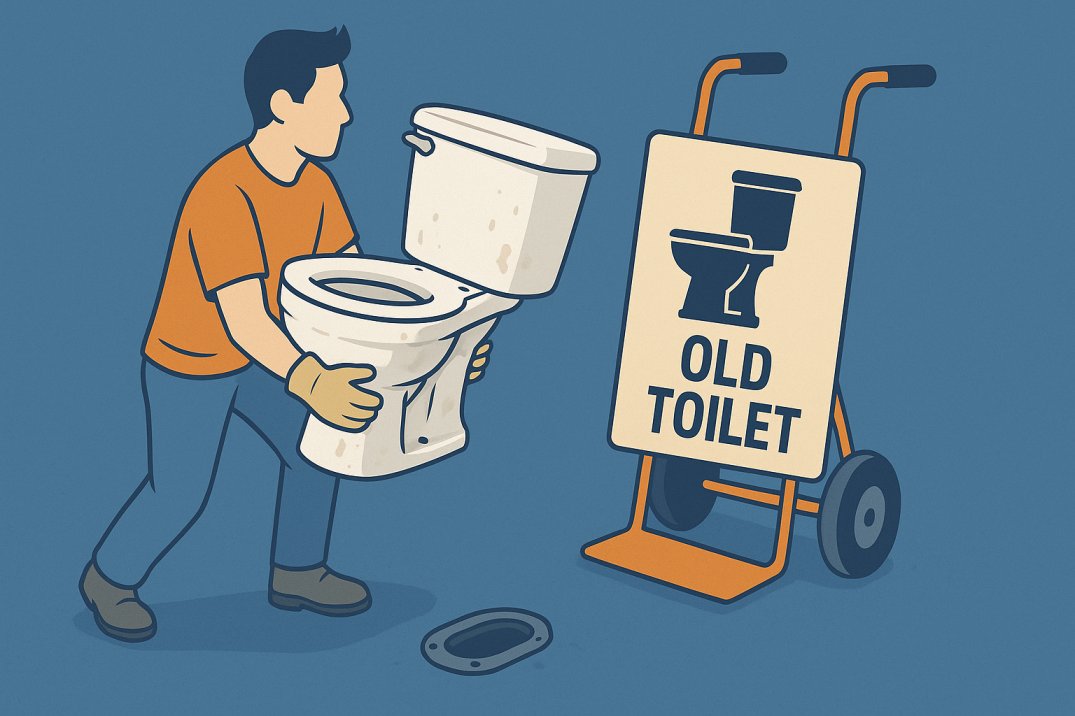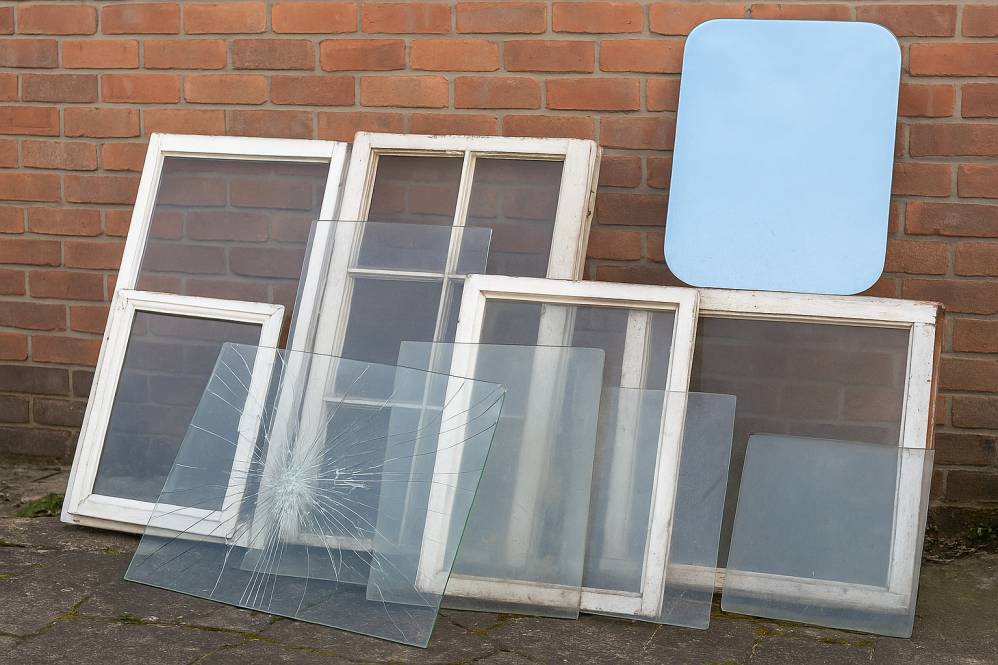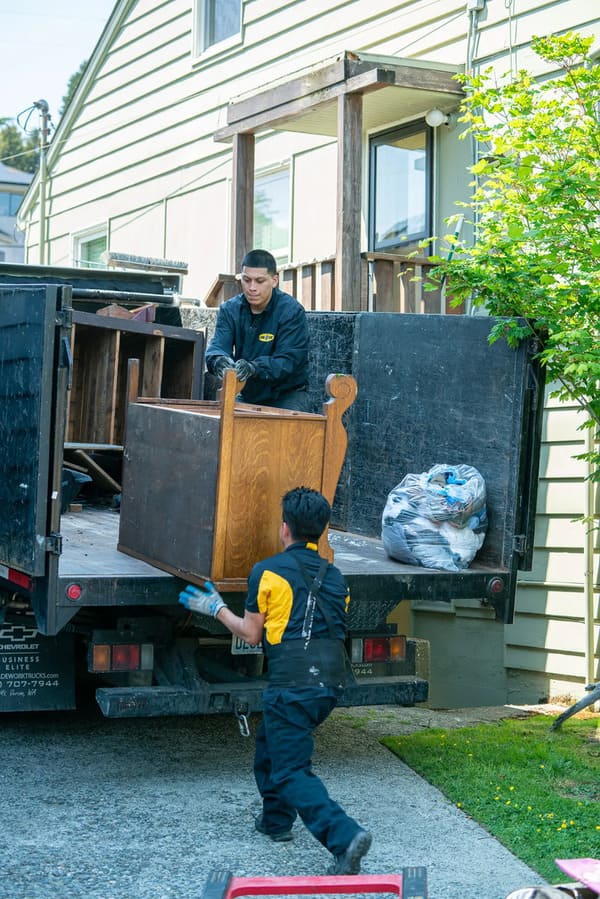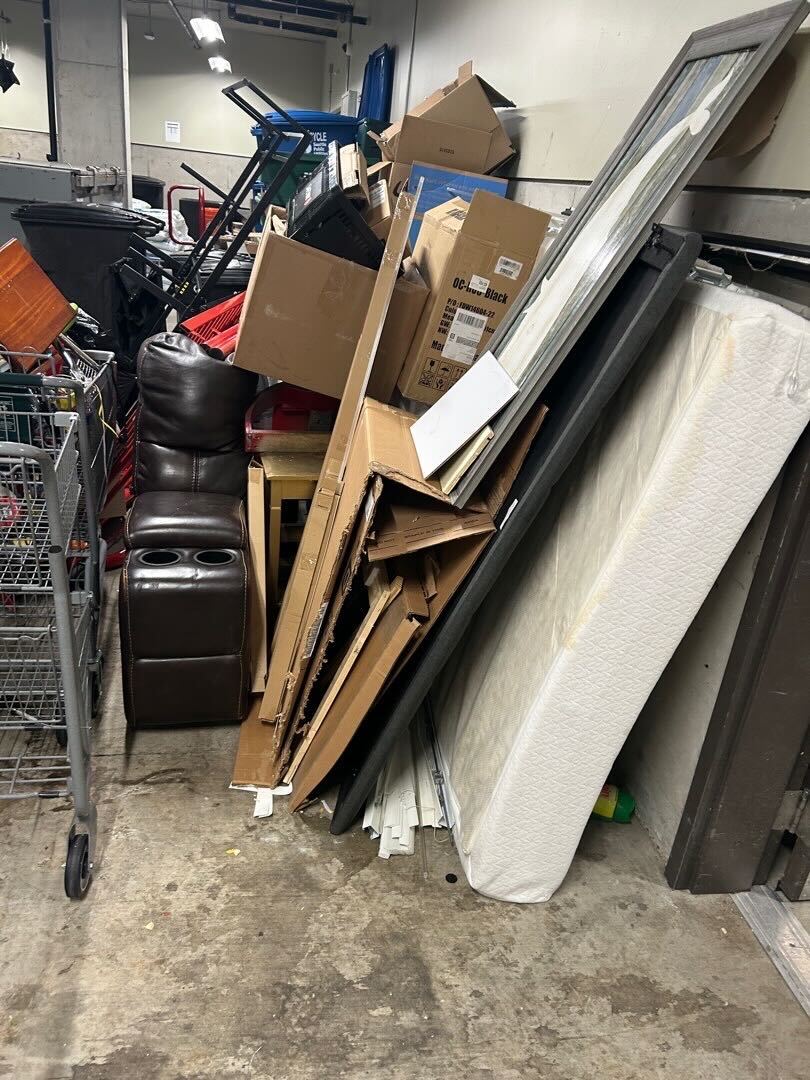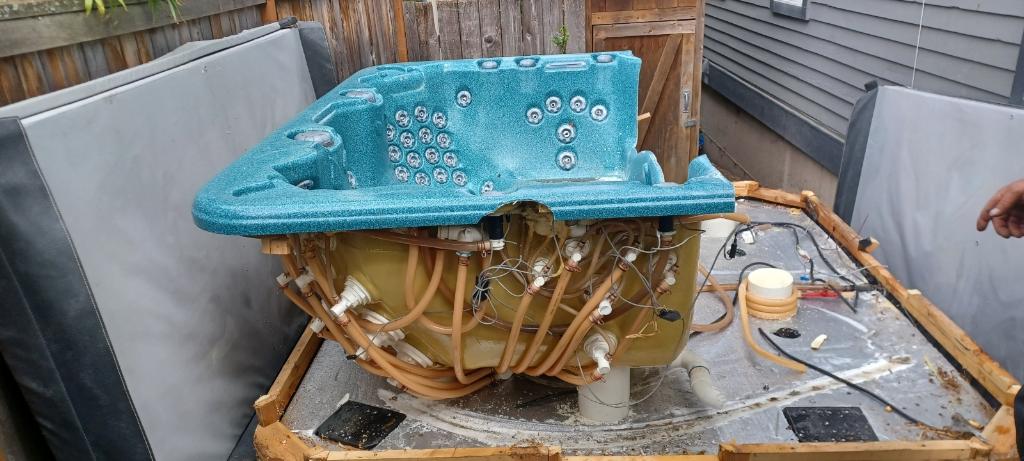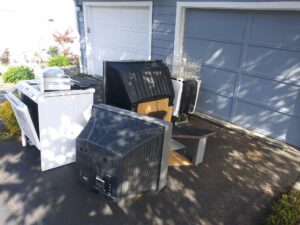
Disposing of an old computer isn’t as straightforward as tossing it into the trash. Computers contain valuable materials that can be recycled or reused, as well as hazardous components that need to be handled responsibly to avoid environmental damage. Whether you’re upgrading to a new device, decluttering your workspace, or simply trying to get rid of unused electronics, knowing the right steps to take is crucial.
This FAQ section addresses common questions about how to responsibly dispose of old computers, from wiping your data and recycling to finding donation opportunities or selling your device. Learn how to protect your privacy, contribute to sustainability, and even give your old computer a second life. Let’s dive into the most pressing questions to help you make informed and eco-friendly decisions!
1. How do I dispose of an old computer responsibly?
Disposing of an old computer responsibly involves ensuring it doesn’t end up in a landfill where it could release harmful toxins. The best approach is to either recycle, donate, or sell the computer. Many recycling facilities, electronic retailers, and donation organizations accept old computers and dispose of them properly. Before disposal, always ensure all personal data is wiped clean to protect your privacy.
2. Can old computers be recycled?
Yes, old computers can be recycled. Many components, such as metals, plastics, and glass, can be extracted and reused. Recycling facilities safely dismantle the computer and separate reusable materials. Check for local e-waste recycling programs or retailers like Best Buy and Staples, which often have electronics recycling drop-offs.
3. What should I do before getting rid of an old computer?
Before getting rid of your old computer:
- Back up your data: Save important files to an external drive or cloud storage.
- Wipe the hard drive: Use data-wiping software to erase personal information.
- Remove personal components: If you’re concerned about data, consider physically removing the hard drive.
- Check for accessories: Remove attached devices like USBs or CDs.
4. Where can I donate old computers?
You can donate old computers to schools, charities, or non-profits that refurbish and distribute them to those in need. Organizations like Goodwill, Salvation Army, and Computers with Causes often accept used computers. Ensure the computer is in working condition, as some organizations may not accept non-functional devices.
5. How can I safely wipe data from my old computer?
To safely wipe data from your old computer:
- Use data-wiping software like DBAN or CCleaner to erase data securely.
- For added security, physically remove the hard drive and destroy it.
- Reset to factory settings if donating or recycling a functional computer.
- Double-check that no personal information is left behind after wiping.
6. Are there companies that pick up old computers for recycling?
Yes, many companies offer pickup services for old computers. Some Organizations provide recycling pickup. Some local recycling centers or e-waste collection programs may also offer free or low-cost pickup services.
7. What parts of an old computer can be reused?
Several parts of an old computer can be reused:
- Hard drives: For additional storage.
- RAM and GPUs: If compatible with newer systems.
- Monitors, keyboards, and mice: As spare accessories.
- Power supplies and cables: Can often be reused or donated to repair shops.
8. Can I sell my old computer, and where?
Yes, you can sell your old computer if it’s still functional or has valuable components. Online platforms like eBay, Craigslist, and Facebook Marketplace are great for finding buyers. Trade-in programs offered by companies like Apple, Dell, and Best Buy may also give you store credit for your old device.
9. What are the environmental impacts of throwing away old computers?
Throwing away old computers in landfills can release harmful chemicals like lead, mercury, and cadmium into the soil and water, causing environmental damage. E-waste accounts for a significant portion of toxic waste, and improper disposal contributes to pollution. Recycling or repurposing old computers helps reduce these negative effects.
10. Are there local e-waste recycling programs near me?
Most cities and towns have e-waste recycling programs. Check with your local waste management authority or search online for nearby recycling centers. Websites like Earth911 or your local government’s environmental services page often provide information on e-waste drop-off locations. Retailers like Best Buy and Staples also have national recycling programs that may be available in your area.

